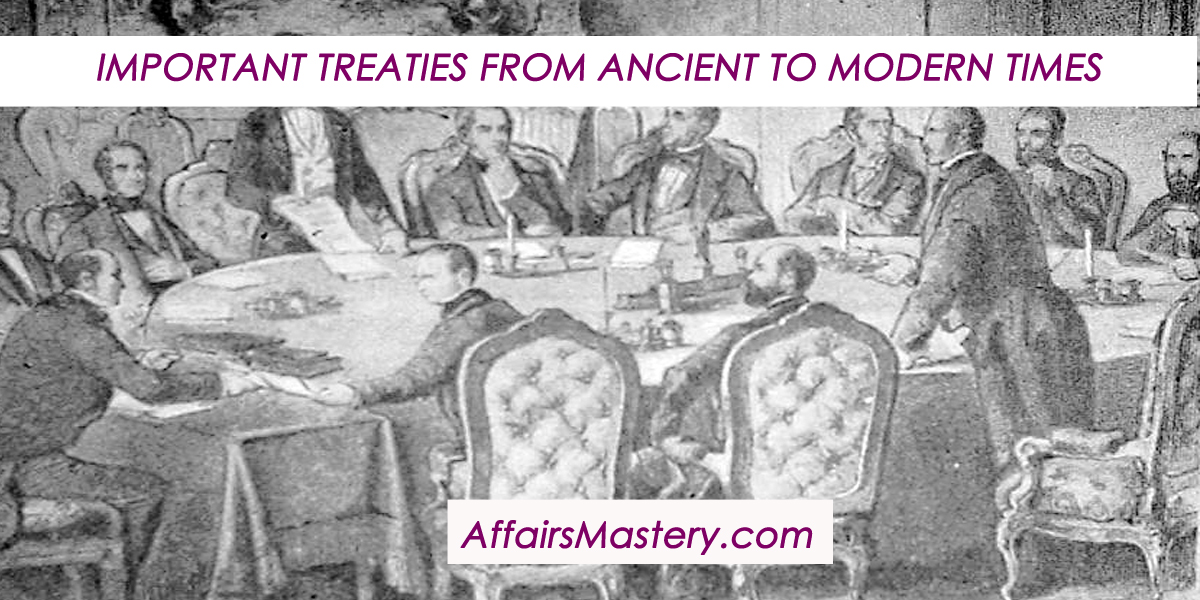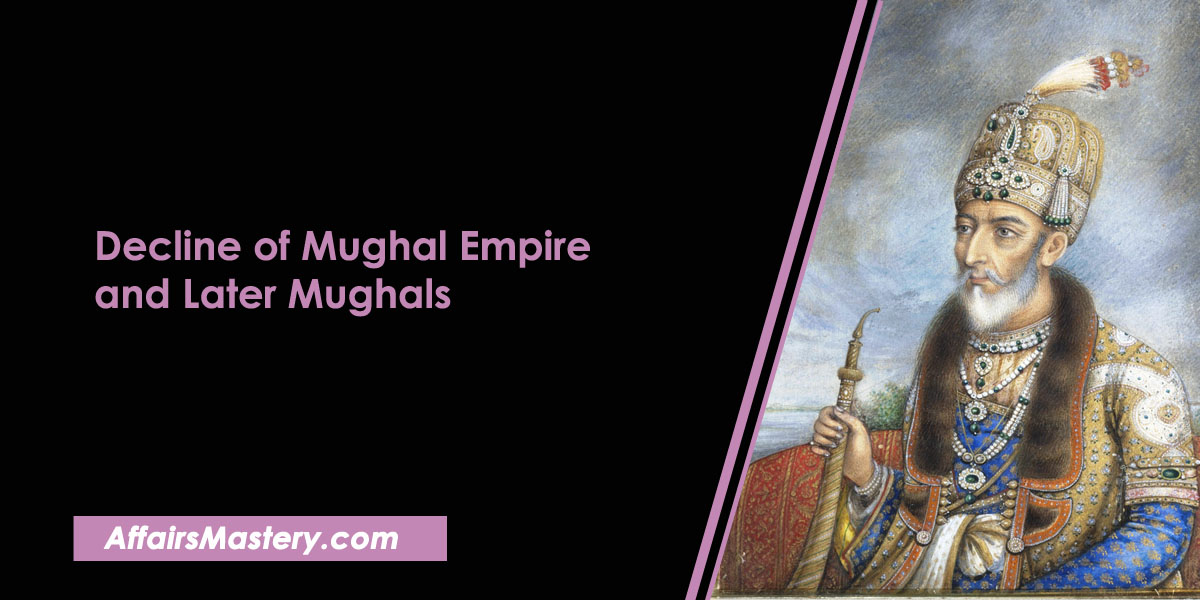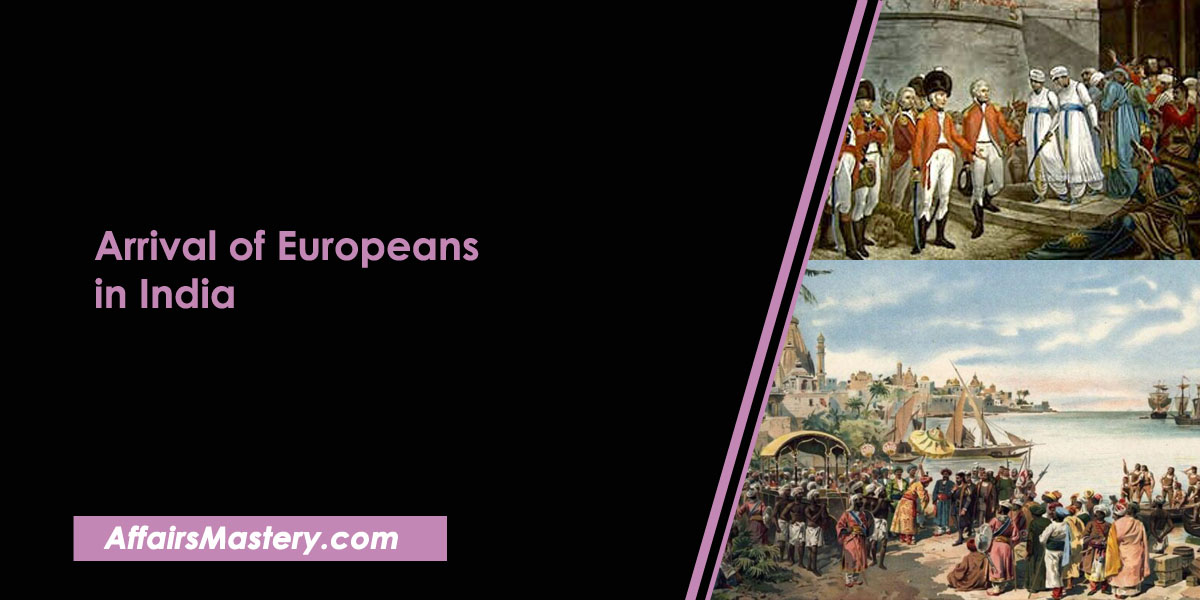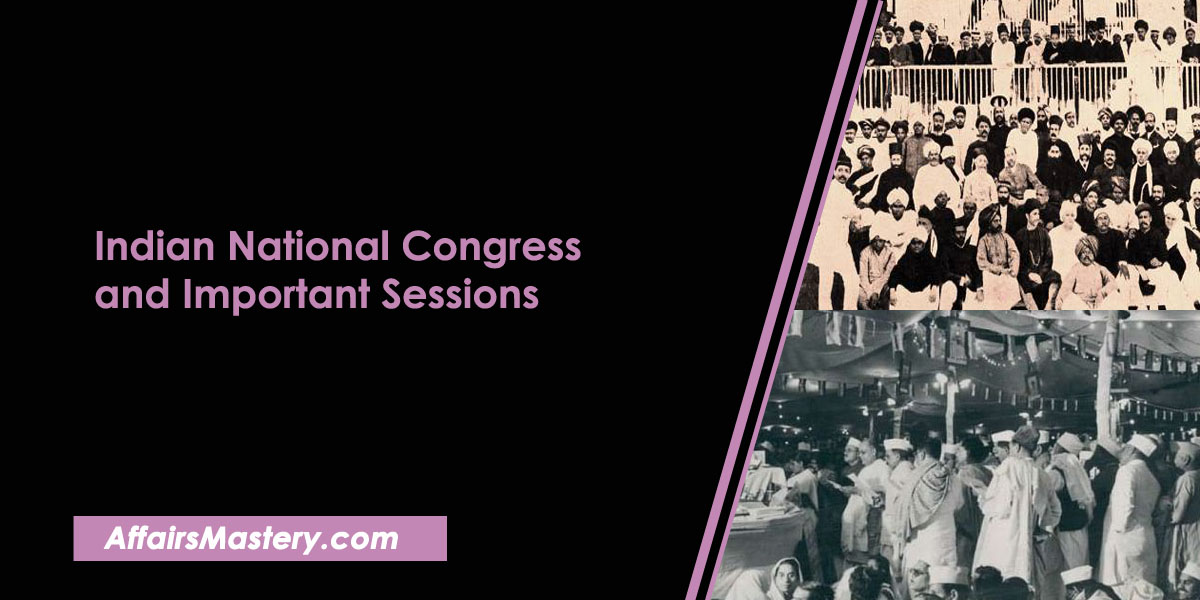Important treaties in Indian history
Important treaties in Indian history. Treaties are an important part of the history of India and have been used to create agreements between two parties. Here is a list of some famous treaties that can be found in various government exams. These treaties hold great importance for those studying Indian History or appearing for related examinations.
| Treaty Name | Conclusion/Remarks |
|---|---|
| Treaty of Asurar Ali, 1639 | The treaty established the boundary between Mughal empire and Ahom Kingdom, ending the Mughal’s effort to conquer the Ahom. |
| Treaty of Purandhar, 1665 | Signed between Rajput ruler Jai Singh I, commander of Mughal empire and Maratha Chhatrapati Shivaji Maharaj. Shivaji was forced to sign after the siege of Purandar fort by Jai Singh. |
| Sangola Agreement, 1752 | Maratha King became the mayor of the place and Peshwa emerged as the supreme authority of the Maratha empire and a real head of Maratha federacy. |
| Treaty of Alinagar, 1757 | Signed between Siraj-ud-daula and Robert clive, allowing British to fortify Calcutta. |
| Treaty of Paris, 1763 | French defeated by East India Company. |
| Treaty of Allahabad, 1765 | Signed between Emperor Shah Alam II and Robert Clive. Alam granted the East India Company Diwani rights of Bengal-Bihar-Orissa. |
| Treaty of Madras, 1769 | Signed between Hyder Ali and British to bring to an end of Mysore War. Both parties agreed to return the looted areas. |
| Treaty of Banaras, 1773 | Signed between Warren Hasting and Nawab of Oudh, Allahabad and Kora was handed over to Nawab. |
| Treaty of Surat, 1775 | Signed between Raghunath Rao and British, in hope of English troops and support for the title of Peshwa. |
| Treaty of Purandhar. 1776 | Signed between Marathas and British, bringing to an end of the 1st phase of anglo-maratha war. |
| Treaty of Wadagaon, 1779 | Signed between Marathas and British, bringing to an end of the 2nd phase of anglo-maratha war. |
| Treaty of Salbai, 1782 | Signed between Marathas and British, bringing to an end of first anglo-maratha war. |
| Treaty of Mangalore, 1784 | Signed between Tipu Sultan and East India Company, to an end of the second anglo-mysore war. |
| Treaty of Seringapatnam, 1792 | Signed between Tipu Sultan and East India Company(Lord Cornwalis) to end the third anglo-mysore war. |
| Treaty of Bassein, 1802 | Signed by Baji Rao II with English after his defeat with the holkar. |
| Treaty of Deogaon, 1805 | Holkar gave up the claims on areas of compnay allies. |
| Treaty of Amritsar, 1809 | Signed between Ranjit Singh and East India Company over river Sutlej. |
| Treaty of Sagauli, 1816 | Signed between English and Nepal ruler, Nepal ruler gave up claims over Sikkim. |
| Treaty of Yandaboo, 1826 | British agreed to help Iran with money and troops against new European invader. |
| Treaty of Lahore, 1846 | Signed between Governor General Henry Hardinge and member of Lahore Darbar representing young maharaja Duleep Singh Bahadur. End of the first anglo-sikh war. |
| Treaty of Amritsar, 1846 | East India Company sold Kashmir to Gulab Singh. |
| Treaty of Bhirowal, 1846 | Rani Jindan was deprieved of all powers and administration was to be carried by a council of eight leading chief’s under the virtual leadership of the British resident. |
If you find our content helpful and interesting, please consider joining us on Telegram @affairsmastery to show your support. We would really appreciate it!
Related articles
- Important Battles in Indian History
- List of Foreign Travellers who came to India
- List of Governor General of India and Viceroy of India
- Robert Clive – Important Short Notes for Exams
- Warren Hastings – Important Short Notes for exams
- Lord William Bentinck – Important Short Notes for Exams
- Lord Canning – Important Short Notes for Exams
- Lord Mountbatten – Important Short Notes for Exams
- C. Rajagopalachari – Important Short Notes for Exams
- Lord Wavell – Important Short Notes for Exams
- Lord Linlithgow – Important Short Notes for Exams
- Lord Willingdon – Important Short Notes for Exams
- Non Cooperation Movement (1919-1922)
- Important Personalities related to Social Movements of India
- List of Important Personalities of Indian Freedom Struggle
- List of Important Books on Revolt of 1857 and their Author
- Important Leaders of 1857 Revolt and their places
- Constituent Assembly of India and its Composition: Important Short Notes
- Important Tribal Movements in India
- Direct Action Day 1946: Important Short Notes for Exams
- Interim Government of India, 1946 and its members
- Important Socio Religious Reform Movements in India – Short Notes
- Khilafat Movement (1919-1924) – Important Short Notes for exams
- Lucknow Pact, 1916 – About, Features, Outcome (Important Short Notes)
- C R Formula or Rajaji Formula, 1944 – About, Main Points (Important Short Notes)
- Wavell Plan, 1945 – About, Main Points (Important Short Notes)









